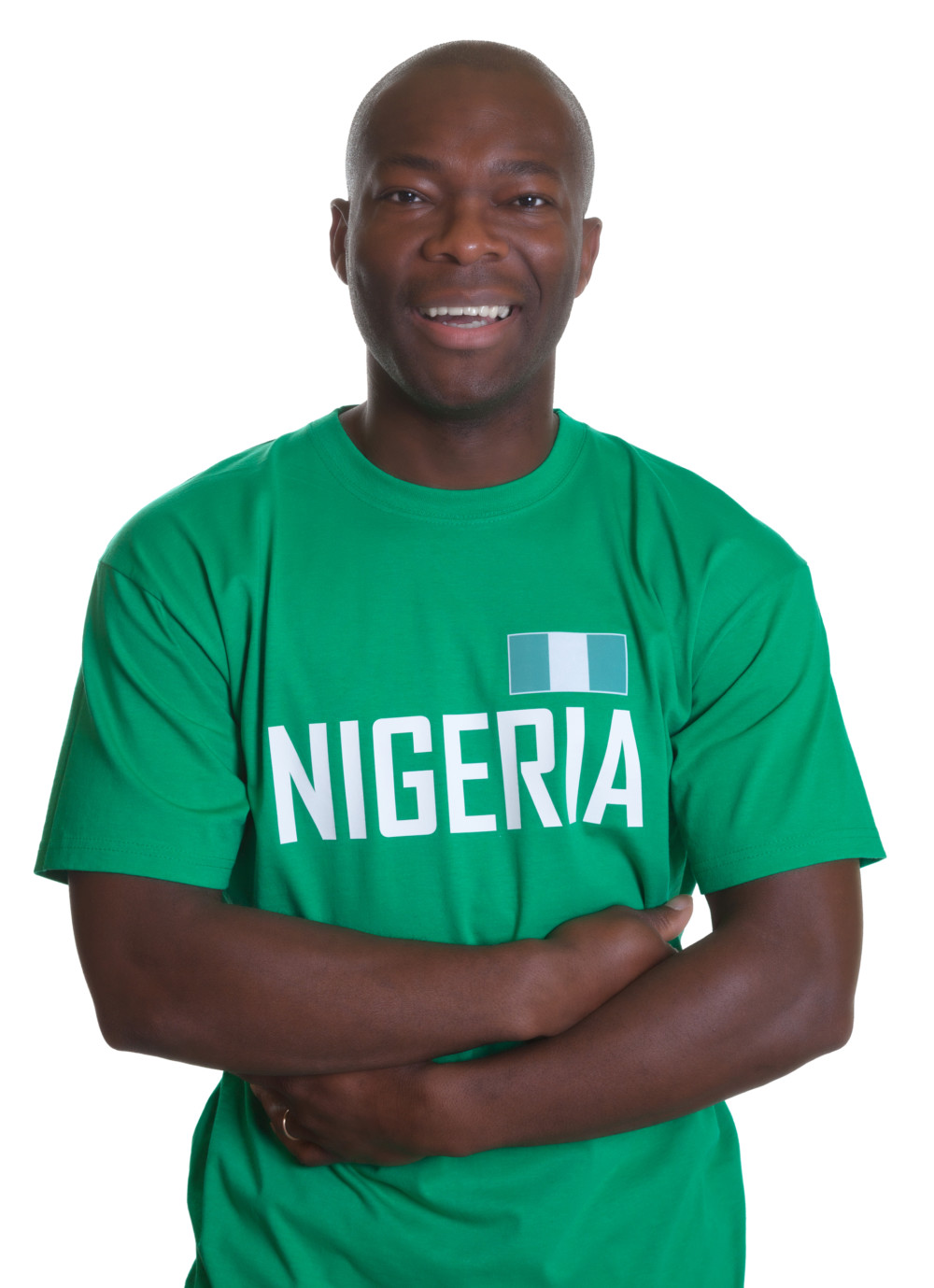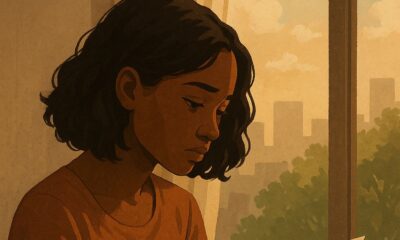Features
On Tribal Wars and Building a United Nigeria

Since time memorial, we have been divided – in a way – by tribe, religion, and, albeit thinly, societal norms and culture. Nigeria is a multinational state, inhabited by over 250 ethnic groupings who speak over 500 different languages and diverse cultures.
Diversity can be a blessing or a curse and in recent years, many have been prompted to ask why we are together, if our togetherness is beneficial to all parties involved and what it even means to build a spirit of togetherness. Our diversity, as beautiful as it is, has in many ways created a wedge between the people.
One cannot pretend that in Nigeria, we have always been united. The 1967 civil war is proof of how our political and tribal differences have made men take up arms against one another. The many religious wars in the country is also proof of how our differences, to a large extent, shape our behaviour. But in recent times, our divisiveness seems to be getting deeper and wider, and an unspoken tribal war looms. It is high time we worked on building a united Nigeria.
On social media, there seems to be a war between the south and the north, one that has been fuelled by the ineptitude of our leaders, past and present. In the past few weeks, scrolling through Twitter, I have seen several tweets encouraging southerners to learn how to fight and pick up arms because “an average northerner is taught to handle firearms and to fight from birth.” There have also been hysteric talks, on social media, of northerners trying to take over the country by wiping out southerners.
We will be living in denial if we do not admit that a high percentage of the insecurity we face in the country today comes from the North, and the bandits and Islamic extremists causing much havoc spring up from the North. But we will be unwise not to realise that like us, the average northerner is a victim too and no, the war isn’t against innocent people who are already living in fear of terrorism, but against the perpetrators of this evil, and the people who fund them.
To tag a group of people who watch helplessly as their ancestral lands are being invaded and burned to ashes by terrorists, a group of hardworking people who become IDPs and have to grovel for food, a group of people who watch their culture being eroded slowly and replaced by harsh religious laws and tenets, as terrorists is like throwing a baby away with the bath water. You do not cut off your head because of a headache. You do not condemn a group of people who, like you, are equally victims.
Like poverty, insecurity can be weaponised as a political tool, and those who are the helms of political affairs do not hesitate to use this tool. But if your governor or senator can lie about road constructions and withhold palliatives meant for the people, how do you know that his alarm about a certain group of people wanting to wipe out another group is true and not for political attention?
A quick travel to the North and you would see Almajiri boys – victims of a society that has failed to protect them from birth. A visit to the IDP camps and you would see men and women – victims of a government that has failed to secure their lives and properties. When we go to prisons, we see innocent people languishing there – victims of a poor judiciary system and cruel security agents. And there you are, scared to travel by road because you are scared of being kidnapped. There you are, buying a bag of beans for N115,000. There you are, hiding your iPhone immediately you see a policeman coming. In the east, west, south and north, the country is bleeding. Listen, we are all victims of the kind of country that has been built and shaped through decades.
While I am going to fault no one for wishing to be disassociated with certain people in the country or for clamouring for a different state, it is important to note that in this game of chess, we are all pawns – people who can be easily discarded to protect those who sit at the top of rocks. The people whom you speak so ill of have no affiliations with the criminals who destroyed their lives and have also been terrorised by the cruelty of criminal groups. Like you and I, all they can do is cry out and hope that help would one day come.
More than ever before, we must be more open-minded and be more understanding towards the plight of other Nigerians. We must guard our hearts and avoid stereotyping a group of people because of the kind of news stories we listen to or the kind of things those in government say. We must find common goals and work towards a more united country. While it is important to speak against religious extremism and terrorism, before you talk badly about people of different tribes or religion from you, it is important to travel – perhaps not by road – associate with them, speak with them, listen to them, and then see that they aren’t different from you.




















